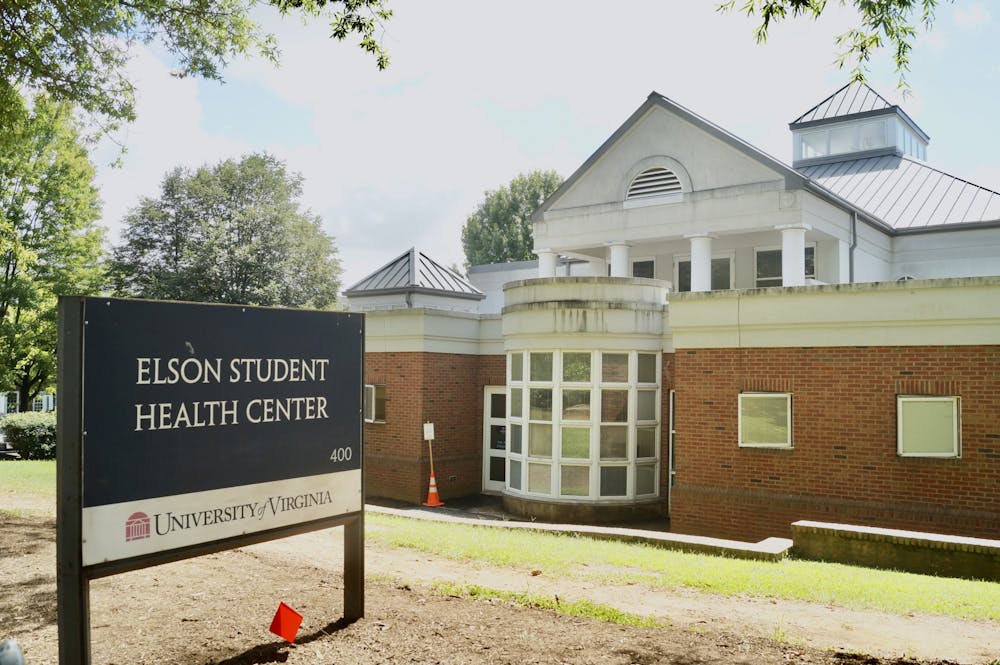The University’s COVID-19 response uniquely challenges students’ mental health — we are now faced with uncertain housing situations, inflexible grading policies and poor administrative responses. This necessitates a new plan that recognizes students are battling increased stress, anxiety, depression and suicidal thoughts, during this semester and beyond our academic lives. As National Suicide Prevention Week closes, we should remember that mental health is a discussion that carries on year-round, not solely for seven days in September.
Due to the University's decision to invite students back to Charlottesville, a preventable housing dilemma has arisen. James Madison University saw over 600 cases among its campus population — a staggering number of cases to arise in only the first week — before temporarily ending in-person meetings and ordering students to return home. This poses many potential factors that add to student anxiety, depression and uncertainty in how on-Grounds cases will unfold.
The University will inevitably see patterns at least mildly similar to those of JMU. Moreover, students must cope with the fear of inadvertently transmitting COVID-19 from Charlottesville back to their home, where more vulnerable communities could potentially see greater exposure to coronavirus. Many students only have the options to live in an expensive, increasingly-contaminated residence hall, or return to a home environment containing domestic violence and discrimination. Other students rely on University housing as their sole residency, but JMU’s unraveling brings into question how sure that reliance can be.
In an extremely untimely and harsh move, the University forcibly relocated hundreds of students living in specific dorms now designated as quarantine zones — only days before students began returning to Grounds. This merely augments housing uncertainty, while also admitting that the University expects to need such large quarantine zones.
Another source of increased anxiety arises with the University’s choice to follow its standard grading policy for the fall. This decision ignores all aforementioned issues, as well as inequality in student access to adequate technology, and thus inequality in access to advising, library resources, telemedicine and even virtual class meetings. Student mental health is directly tied to academics. The University’s meritocratic environment — now combined with a limited understanding of individual student realities — furthers academic anxiety.
The University’s Counseling and Psychological Services already has a history of struggling to meet student demand, often taking days to weeks to meet with students in need. While these services made the transition online earlier this summer, students have received little contact on updated mental health services, particularly mental health related to the pandemic.
The University must act with brevity in unrolling new lanes of communication between Psychological Services and students. Students should have information in their inbox regularly, detailing how to access therapeutic services, talk to professionals and navigate their mental health in this newly virtual setting. Surely, it wouldn’t take great effort to attach mental health service information to the near-daily Hoos Health Check emails we receive. While physical health should certainly be a priority, the University has failed to address the mental implications related to our changing times.
However, Student Health can work directly with students to facilitate student-run mental health groups. Multicultural Student Services has committed itself to the mental wellbeing of underserved communities through student-led mental health nights and gatherings. Student Health must follow in these footsteps, organizing student-led seminars on the anxieties and emotions that have either arisen or deepened this year. Hoos Connected is another on-Grounds group that has facilitated conversation among students and student mentors — while the Echols Scholars Program and on-Grounds residential colleges have taken on similar practices.
But too much of this effort is in the hands of students and faculty — the University itself needs to be taking the greatest initiative in caring for its students. Forcing students to take on heavy schedules whilst balancing their mental wellbeing without the help of their college is not only unacceptable but also yet another failure in the University’s pandemic response.
And distinct from the pandemic but impossible to ignore, the increased discussion on police brutality and systemic racism necessitates that the University create unique psychological programs related to helping Black and Brown students navigate any emotions they may be experiencing at this time. Moreover, as the next presidential election nears, political anxieties are skyrocketing as many politicians and voters espouse discriminatory and conservative language. These matters only worsen mental health struggles for so many people. Before students or voters, we are humans worthy of equality and love. Let us never forget that.
Bryce Wyles is a Viewpoint Writer for The Cavalier Daily. He can be reached at opinion@cavalierdaily.com.
The opinions expressed in this column are not necessarily those of The Cavalier Daily. Columns represent the views of the authors alone.







